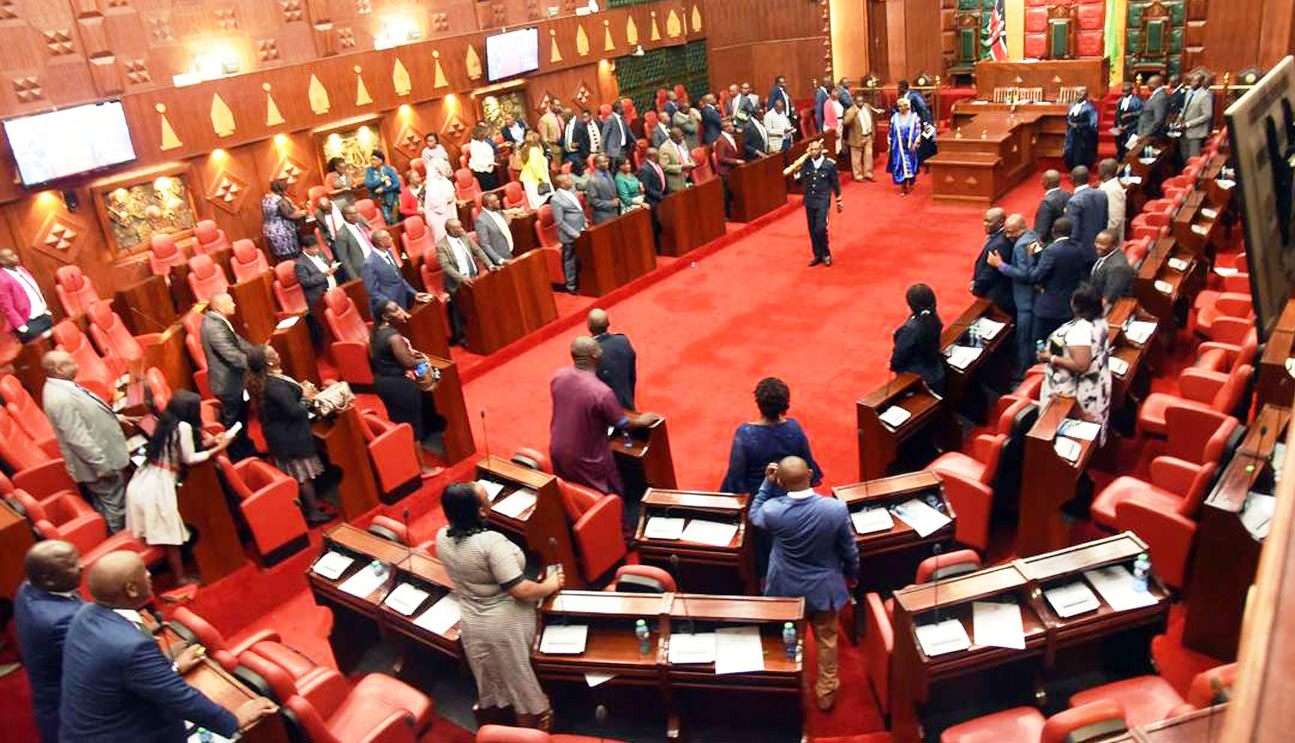At a consultative meeting titled Policy Meets Advocacy, and Media Drives Change, held last week, various leaders, including policy experts, advocates, and representatives from Civil Society Organisations (CSOs), urged the government to reassess the SHA. They suggested a fresh approach to resolve the current issues
Healthcare stakeholders from the private sector have raised alarm over the Social Health Authority (SHA) scheme, calling it unsustainable and in dire need of an immediate overhaul. They warn that the government’s efforts to revitalise Universal Health Coverage (UHC) through SHA may not succeed unless a comprehensive review is carried out.
At a consultative meeting titled Policy Meets Advocacy, and Media Drives Change, held last week, various leaders, including policy experts, advocates, and representatives from Civil Society Organisations (CSOs), urged the government to reassess the SHA. They suggested a fresh approach to resolve the current issues.
“We need to go back to the drawing board, review the SHA, and address its flaws,” the stakeholders insisted, emphasising the importance of a collaborative review to make the scheme effective. They urged both the government and Parliament to pay close attention to the concerns of Kenyans regarding the scheme that replaced the National Health Insurance Fund (NHIF), which many citizens believe had addressed their health challenges.
One of the key issues discussed was the state of Primary Health Care (PHC), a cornerstone of President William Ruto’s Bottom Up Administration. Despite promises to strengthen PHC to reduce the country’s curative burden, healthcare leaders described it as being in a state of near collapse.
“It is severely under-resourced,” remarked Moses Mukua of the Christian Health Association of Kenya (CHAK). He expressed concern about the Primary Health Care Networks (PCNs), which were designed to enhance access to quality healthcare at the local level but are now struggling to function effectively. When the government outlined its vision for UHC, it recognised PCNs as vital to connecting community health units, dispensaries, and hospitals to provide comprehensive care.
“The challenge is that primary healthcare in the country is severely underfunded. We urge Parliament to allocate more funds to support it,” Mukua said. He further suggested that the government explore ways to increase financial support for PHC, such as allocating an additional 1% from the current Value Added Tax (VAT) to help boost funding for PHC and the Chronic Illness Fund.
“If every Kenyan pays 1% of the VAT, we can support not only PHC but also fund treatment for chronic illnesses,” he argued, highlighting that existing constraints are not adequately recognised in current legislation, limiting government funding.
Mukua stressed that PHC, which focuses on preventative and promotive care, is currently underfunded, calling for a revision of laws to ensure more adequate financial support.
The meeting, organised by the Health NGOs Network (HENNET), also discussed the future of healthcare financing and governance, particularly the transition from SHIF and the dwindling support from donor resources.
“We need to revisit the SHA and make it simpler and more effective. In fact, the previous capitation system worked well in many areas, even though it was criticised. As a faith-based hospital, I can say it had its benefits, and we should look at bringing back what worked,” Mokua added.
Dr. Brian Lishenga, Chairman of the Rural-Urban Private Hospitals Association (RUPHA), pointed out that many of the issues surrounding the SHA transition stem from challenges in the Primary Healthcare Fund for outpatients and the Emergency Chronic and Critical Illness Fund (ECCIF), which funds the treatment of cancer, dialysis, and ICU patients.
“Why are the two funds—Primary Healthcare and ECCIF—without money, despite being state-funded?” he questioned.
Lishenga also noted that the Social Health Insurance Fund (SHIF) is funded by the Kenyan people through taxes and premiums, and urged the government to fulfil its responsibilities regarding PHC. He reminded the government that the ECCIF also has its duty to fund and manage.
Rosemarie Muganda, Board Chair of HENNET, called for the government to acknowledge that its new system had not delivered on the promises made when it was introduced.
“As a country, sometimes it’s necessary to admit when things are not working as intended. The government needs to face up to the reality that the system has not been successful and urgently make changes,” she said, echoing the call for a thorough review of the SHA.
The stakeholders concluded that the current state of healthcare is unacceptable and that significant reforms are required to ensure that healthcare is accessible and sustainable for all Kenyans.





